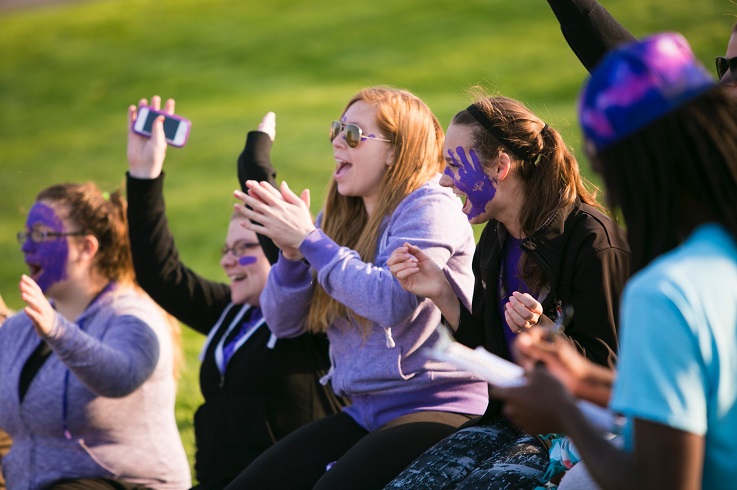Opportunities and challenges of sports marketing

Although the Winter Olympics tend to take a back seat to the summer Olympics in terms of viewership, and face the obstacle of following on the coat tails of the Super Bowl, it is still a global phenomenon streamed by millions around the world as they cheer their country on toward victory.
This year, however, sport marketers for the winter games faced some additional challenges in attracting viewers, including: a little-known host city in a small country (in comparison with previous Olympic game hosts); the NHL’s decision to continue its season at the same time as the games; and a time in history when political and world news seems to overpower our television stations and newsfeeds.
In a previous blog, we discussed the role of a sports marketer for bachelor of sport management students interested in pursuing that career path. And whether you’re involved in marketing a local sports event, marketing the Olympic games, or are a sports marketer for an Olympic sponsor, strategizing on how to elevate your brand and build awareness through the lens of sport, the platform of a sporting event presents tremendous marketing opportunities and challenges.
In the pursuit of generating excitement and increasing viewership for the Winter Games, NBC sports marketers took a direct approach, focusing on well-known individual athletic competitors like Lindsey Vonn, Mikaela Shiffrin, and Shaun White in their “Best of U.S.” campaign. These ads showed the individual journeys up to this point and showing viewers that they are part of this journey and that their participation in cheering these athletes on is essential. Mikaela Shiffrin’s Best of U.S. commercial by NBC sport can be seen below.
“The Olympics are a special moment in time where the world comes together to celebrate human achievement,” Alex Chang, head of sports marketing for Samsung Electronics America, said in an interview with AListDaily. “It provides both a global and local platform for our brand to engage with consumers, which is immensely valuable. Our primary goal is to drive brand engagement, whether that be through digital content featuring Olympians or experiential activations showcasing our technology.”
Sport marketers for Samsung and the many other Olympic sponsors faced the challenge of promoting their product in the context of the Olympic games, and creating an overarching message in a pivotal time when our country and world is experiencing such extreme tension and division. Proctor and Gamble (P&G) is an example of a sponsor who elegantly weaved these elements together in their #LoveOverBias ad that promoted their product brand, the games, and a message of unity and acceptance. Check out the ad below:
Sports management degree students will gain a broad overview of the sport marketing field through William Woods University’s SMG321: Sports Marketing course. In addition to comparing and contrasting the practices of sport and entertainment marketing with those of mainstream marketing, this course will provide students with three basic components of sport marketing: the use of sports as a marketing tool for other products, the marketing of sports products, and the emerging considerations relevant for both marketing through and the marketing of sports.

